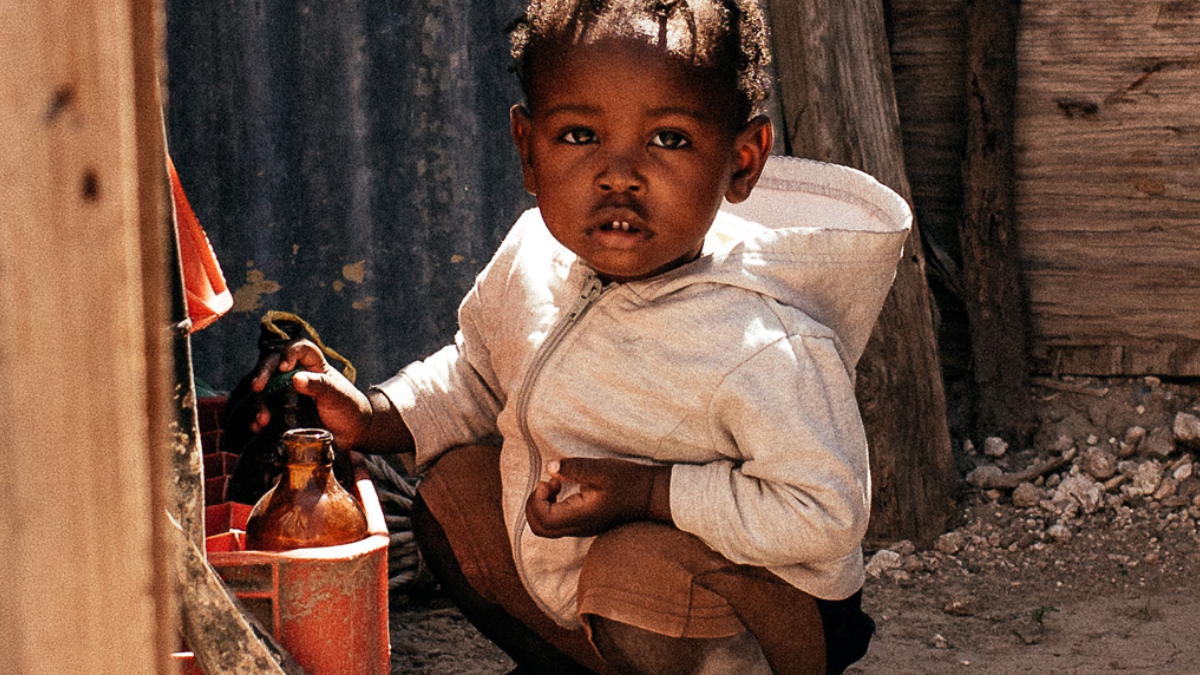Home What we do News & Stories Global forum attracts world experts on child development
Global forum attracts world experts on child development
02.11.2015

Senior Lumos figures with wide-ranging expertise in child welfare and development are taking part in a prestigious international academic event in the Czech Republic this week.
They are attending the Forum on Investing in Young Children Globally (iYCG), one of a series of events in which the US Institute of Medicine (IOM), a division of the US National Academies of Sciences, Engineering, and Medicine, brings together world-leading scientific and academic experts.
The theme of the event in Prague, which runs from 2 – 4 November, is Reaching and Investing in Children at the Margins by investing in their health, education, nutrition, and social protection. The overall Forum will explore issues relating to “children with developmental delays and disabilities, those living in institutions, refugees, immigrants, migrants, street children, ethnically and linguistically diverse children, and children from under-resourced communities, many of which, face discrimination.”
Gillian Huebner, Lumos US director of policy and advocacy, who has a background in US global development policy, helped plan the event. She has played an active role in a global advocacy campaign to ensure that children living outside of families, including those in orphanages and institutions, are properly counted in ‘indicators’ developed by the United Nations to monitor the success of its Sustainable Development Goals (SDGs).
The importance of including all children in international development and ensuring the most vulnerable are counted has been spelled out by Gillian Huebner in two recent guest blogs about the SDGs published by the Huffington Post. Gillian will co-facilitate a session on “indicators related to children and caregivers with developmental delays and disabilities”. Her joint work with others in the field will be presented in papers for delegates.
The director of Lumos’ Moldova team, Dr Irina Malanciuc, will give a presentation about Lumos’ work which has helped reduce the number of children in Moldovan institutions by 70% since 2007 and has facilitated one of the most successful inclusive education programmes in Eastern Europe.
The event will have particular resonance in the Czech Republic, where the government has established a network of paid, short-term foster carers with the primary aim of providing an alternative to institutional care for babies and infants separated from their birth parents by the authorities, while the courts decide their futures.
Decades of science has demonstrated that the physical, intellectual and emotional development of young children is particularly harmed in institutional care, where their growing brains are deprived of the close and sustained engagement of parents. A recent survey by Lumos of almost half of all Czech short-term foster carers showed that the new system was working well and attracting mature, well-educated women motivated by a desire to help disadvantaged children. Petra Kacírková, the director of the Lumos Czech Republic team, will take part in a visit by Forum delegates to a baby institution.
Academics at the event will include Kevin Browne, of Nottingham University in the UK, a leading expert on institutionalisation, and Anne Berens, co-author earlier this year of an important report in The Lancet international magazine emphasizing the harm to young children’s development when they are raised in institutions.
Gillian Huebner said: “We are looking forward to participating in this event, focusing on a growing body of research about reaching some of the world’s most marginalized and hard to reach child populations, including those living in institutions. We always benefit from discussions about best practice and emerging research; and we will have the opportunity to share our experience and learning.”

